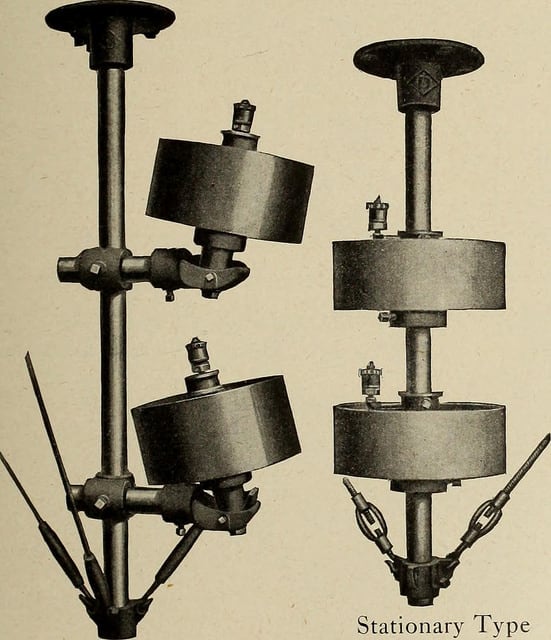
 Guest Post by Martin Shaw
Guest Post by Martin Shaw
In today’s complex product environment becoming more and more electronic, do the designers and manufacturers really understand what IS Reliability ??
It is NOT simply following standards to test in RD to focus only on Design Robustness as there is too much risk in prediction confidence, it only deals with the ‘intrinsic’ failure period and rarely has sufficient Test Strength to stimulate failures.
It IS all about using information from a wide range of tests, assessments and measurements which all contribute towards understanding if product is of World Class Reliability level in ADVANCE of mass production
How often has your Engineering Director or CTO asked your Reliability Team, ‘How did you miss this major defect ?’
Old methods like Mil-217 to try and estimate ‘theoretical’ fail rates and low level stress Accelerated Life Tests (ALT) have been the traditional, easy to do options preferred by most, but as all experienced Reliability engineers know, they NEVER provide a good correlation with field data.
These tests simply can never stimulate the wider range of defects experienced in the field and makes the Reliability groups look ineffective and not cost justified when failures in the field raise concern and lead to significant repair costs.
Some companies still like to assume a ‘HALT’ test will find all possible defect types and put all their energy into the one activity, leaving multiple ‘real’ failure mechanisms undetected as the correct combination of stress and operation are not performed.
Many companies Design Testing is based purely on function test alone which simply does not ‘stretch’ the operation guardband of the design hence cumulative running time in field and unusual stress combinations lead to defects never seen in test.
So How and What do we need to measure and combine to arrive at some form of Field Return Rate Prediction ?
It is not simple, that’s for sure, but using the measured items below, it is indeed possible to provide a multi factor combinational output that will relate very closely to what will be expected in the warranty or early life failure period
- Design Quality Maturity Measurement
- Early Mass Production failure rate prediction from process yield data
- Reliability testing at Sub Assembly and Full Assembly level to provide Early Life Failure rate prediction
- Mil-217 or similar theoretical Reliability prediction
- Long term Accelerated Life Test failure rate prediction
When performing a multi factor combination of these items, it becomes possible to make very realistic field return rate predictions at earliest possible stage
To prove out the model, past failure data is used to correlate against previous model failure rate measurements and performing regression analysis to find a mathematical model that best fits the data.
Once completed, the manufacturer has a quite excellent and realistic methodology to predict Reliability and also the Reliability improvement effect of solving issues stimulated during testing.
This MINIMISES the manufacturers risk and aids good decision making on prioritising failure resolution.
If you wish to find out more, contact Martin Shaw of Reliability solutions at reliabilitysolutions@yahoo.co.uk
Hi Fred,
To what is Martin referring in the “Design Quality Maturity Measurement” step of his combinational approach? This appears to be some kind of calculated metric, but no further mention of it is made in his article. So, how is it calculated and then subsequently interpreted? Also, some further clarification on the overall multifactor combination process and output would be greatly appreciated!
Thank you!